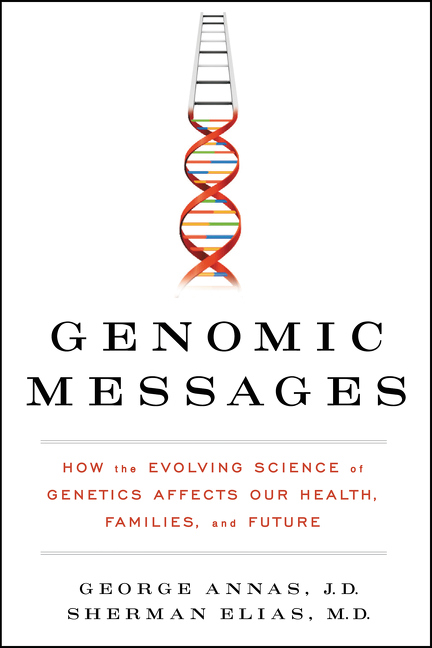Talking Biopolitics with George Annas and Lisa Ikemoto
October 7
[video]
 |
|
 |
|
About the Author
He is also a cofounder of Global Lawyers and Physicians, a transnational professional association of lawyers and physicians working together to promote human rights and health. His research has focused on the rights of patients and the regulation of research on human subjects; his most recent books include Worst Case Bioethics: Death, Disaster, and Public Health (Oxford University Press, 2010) and American Bioethics: Crossing Human Rights and Health Law Boundaries (Oxford University Press, 2005). Professor Annas has been called "the father of patient rights," "the doyen of American medico-legal analysts," and a "national treasure." About the Interviewer Lisa Ikemoto, is Professor at the University of California, Davis School of Law and a fellow at the Center for Genetics and Society. She teaches bioethics, health care law, public health law, reproductive rights, law & policy, and marital property. Her research areas include reproductive and genetic technology uses, health care disparities, and public health law. More specifically, she focuses on the ways that race and gender mediate access to and impacts of biomedical technology use and health care. Her recent work addresses reproductive tourism, the ways in which human gamete use links the fertility and biotechnology industries, and the privatizing effects of informed consent. Ikemoto is a Bioethics Associate of the UC Davis Health System Bioethics Program, and a Faculty Associate of the UC Davis Center for Science and Innovation Studies. |




